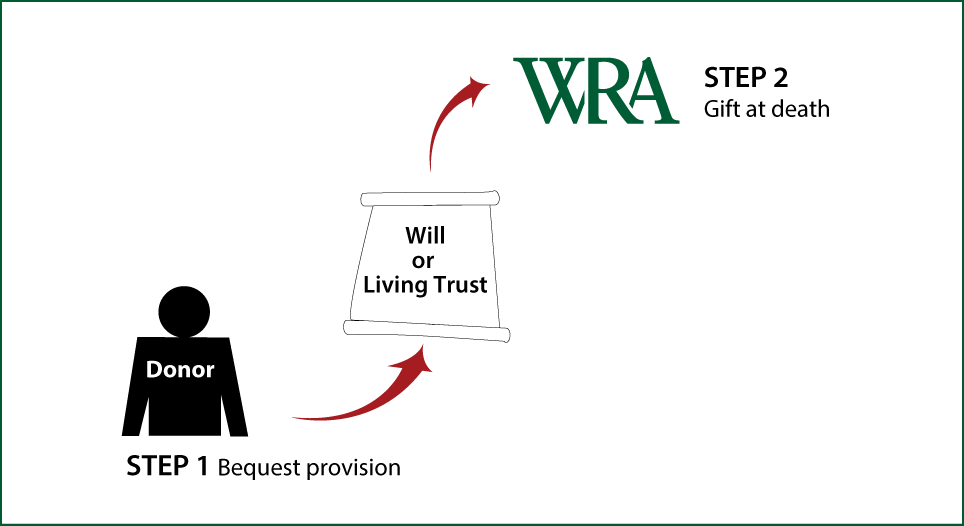
How It Works
- You include a bequest provision in your will or revocable trust
- At your death WRA receives the bequest you specified
Benefits
- You may change your bequest or trust designation at any time
- You control the funding property during your lifetime
- Your bequest or trust designation will not be subject to any potential federal estate tax
- You provide future support for WRA
Request an eBrochure
Request Calculation
Contact Us
Amy Andrews Swegan '97
Interim Assistant Head of School for Advancement
330-650-9758
swegana@wra.net
Western Reserve Academy
115 College St.
Hudson, OH 44236
Federal Tax ID Number: 34-0714390
© Pentera, Inc. Planned giving content. All rights reserved.
Disclaimer